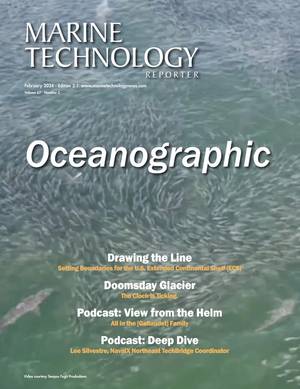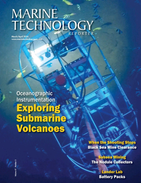Undersea navigation and positioning system development to begin for U.S. Navy
BAE Systems informs it has been selected by the U.S. Defense Advanced Research Projects Agency (DARPA) to develop an undersea navigation system aimed at enhancing the U.S. Navy’s ability to provide precise, global positioning throughout the ocean basins.
The contract will support a program called the Positioning System for Deep Ocean Navigation (POSYDON), which seeks to allow undersea vehicles to accurately navigate while remaining below the ocean’s surface.
POSYDON aims to replace current navigational methods that pose a detection risk for undersea vehicles forced to surface periodically to access the space-based Global Positioning System (GPS), which cannot sufficiently penetrate seawater. In addition, access to above-water GPS may be denied by hostile signal jamming. Under DARPA’s POSYDON program, a BAE Systems-led team will create a positioning, navigation, and timing system designed to permit vehicles to remain underwater by using multiple, integrated, long-range acoustic sources at fixed locations around the oceans.
“BAE Systems has more than 40 years of experience developing underwater active and passive acoustic systems,” said Joshua Niedzwiecki, director of Sensor Processing and Exploitation at BAE Systems. “We’ll use this same technology to revolutionize undersea navigation for the POSYDON program, by selecting and demonstrating acoustic underwater GPS sources and corresponding small-form factor receivers.”
The vehicle instrumentation needed to capture and process acoustic signals for accurate navigation will also be developed under this program. The company will leverage its expertise and capabilities in signal processing, acoustic communications, interference cancellation, and anti-jam/anti-spoof technologies for the program. Other members of BAE Systems’ POSYDON team are the University of Washington, the Massachusetts Institute of Technology, and the University of Texas at Austin.
•  February 2024
February 2024


